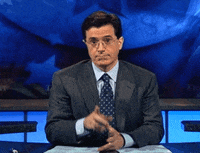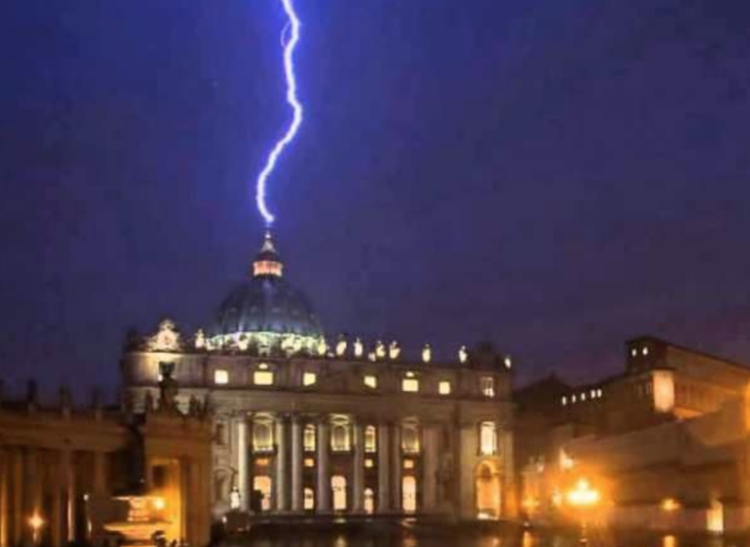It’s been a little more than a week since Hamas launched a surprise attack on Israeli civilians, killing more than 1,300 people. Many of those killed were children, some even babies, on the deadliest day for Jews since the Holocaust.
Since then, the situation in that part of the world has become a full-blown war. Israel has responded by attacking Gaza, with Hamas leaders (and even hostages) mixed among civilians who, in some cases, have been prevented from evacuating by Hamas.
Palestinians now face a humanitarian crisis of epic proportions.
Not surprisingly, many in the elite media have gotten — and continue to get — this story wrong. For too many years, the Israeli-Palestinian conflict was treated like a political story. It was a story about land. It was about colonization. It was about human rights.
It may be about all those things, depending on whom you ask, but it’s also a story about about Jews. It’s about Muslims. It’s about sacred sites in the Holy Lands.
In other words, it’s a religion story.
As someone who covered the 9/11 attacks and the years that followed, I am well versed and experienced when it comes to news about terrorism. I know what terrorism looks like when I see it. So do most reporters and editors.
However, not everyone seems to have open eyes these days.
Let’s start with the BBC, one of the biggest and most influential news organizations in the world. The British state broadcaster came under pressure last week when its leaders refused to call Hamas terrorists. In an explanation posted to the BBC website on Oct. 11, John Simpson, who serves as World Affairs editor, defended the decision this way:
Government ministers, newspaper columnists, ordinary people — they're all asking why the BBC doesn't say the Hamas gunmen who carried out appalling atrocities in southern Israel are terrorists.
The answer goes right back to the BBC's founding principles.










